Scientists reveal long-term cumulative effects of frequent green tides in coastal oceans
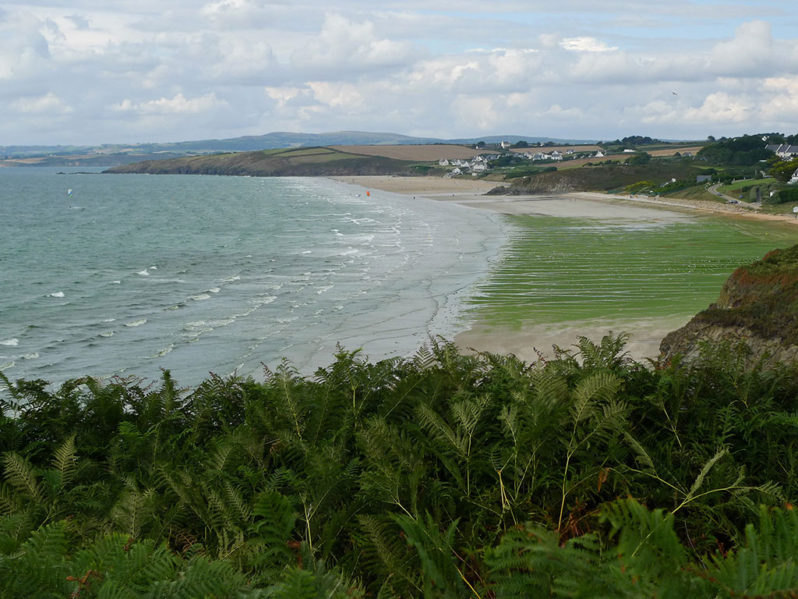
The world’s largest green tide caused by Ulva prolifera has been occurring continually in the Yellow Sea, China, for more than 10 years. It has become a serious marine ecological disaster.
The ship that leaked oil into pristine Mauritian waters could break in two. That would be an environmental catastrophe
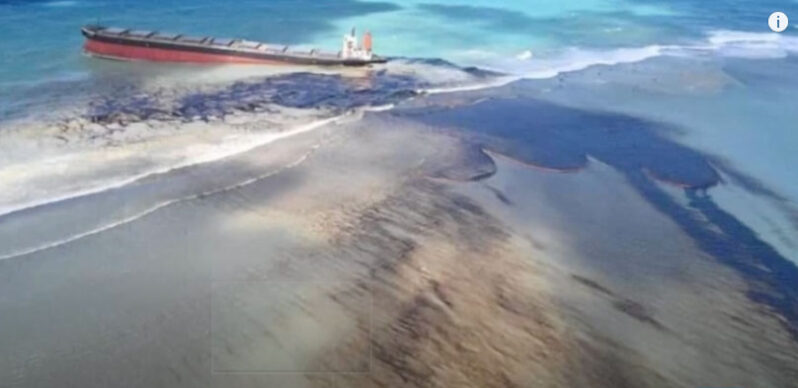
A stricken ship off the coast of Mauritius which has already leaked about 1,000 metric tons of oil into a pristine Indian Ocean lagoon could be about to break in two, experts fear — spelling disaster for the ecologically rich area.
Mauritius declares emergency as stranded ship leaks oil
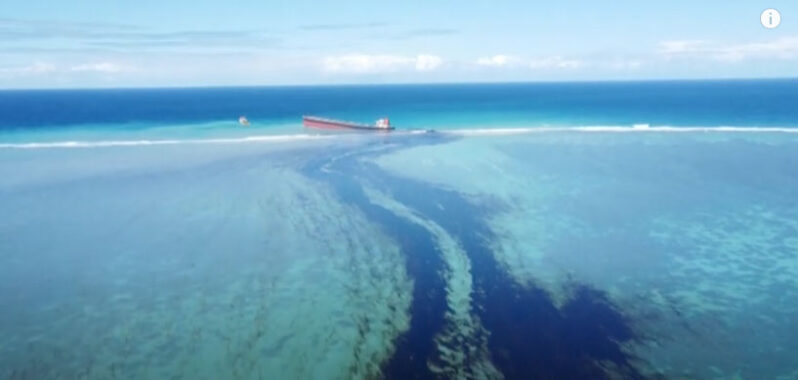
The island nation of Mauritius has declared a “state of environmental emergency” after a vessel offshore began leaking oil into the ocean.
Greenhouse gas emissions from international shipping increasing
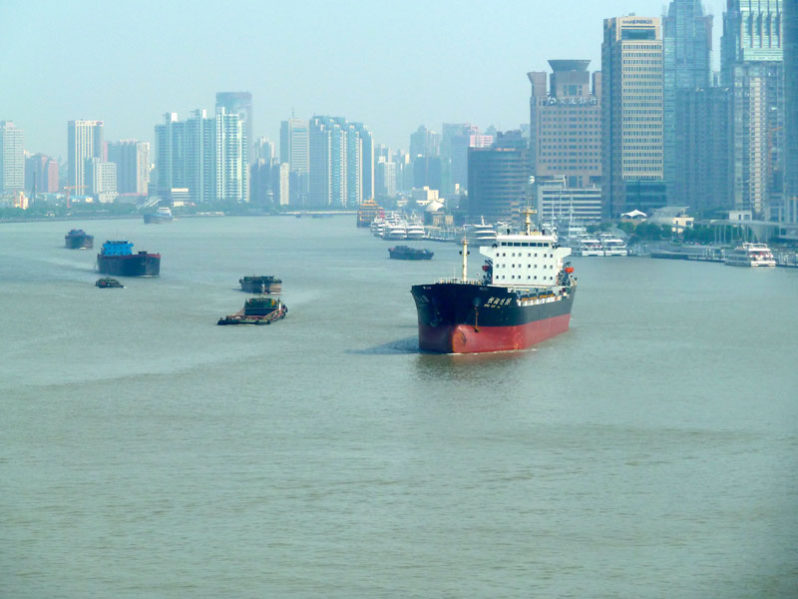
National governments have a much greater responsibility for shipping emissions than previously estimated, finds new UCL-led research.
Research reveals microplastic content levels in seafood
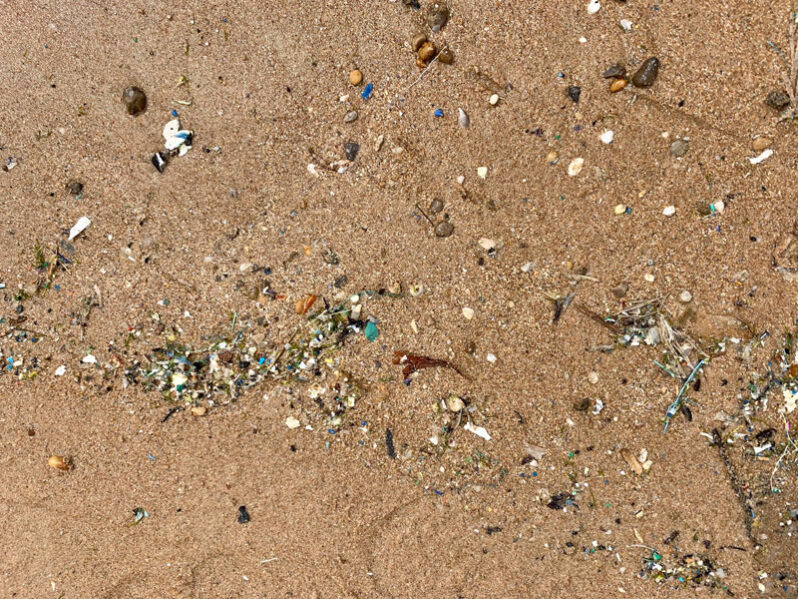
Levels of plastic contamination has been found in samples of popular seafood such as prawns, oysters and crabs, with the highest content found in sardines, according to University of Queensland research.
Maldives records highest level of micro plastic pollution on the planet
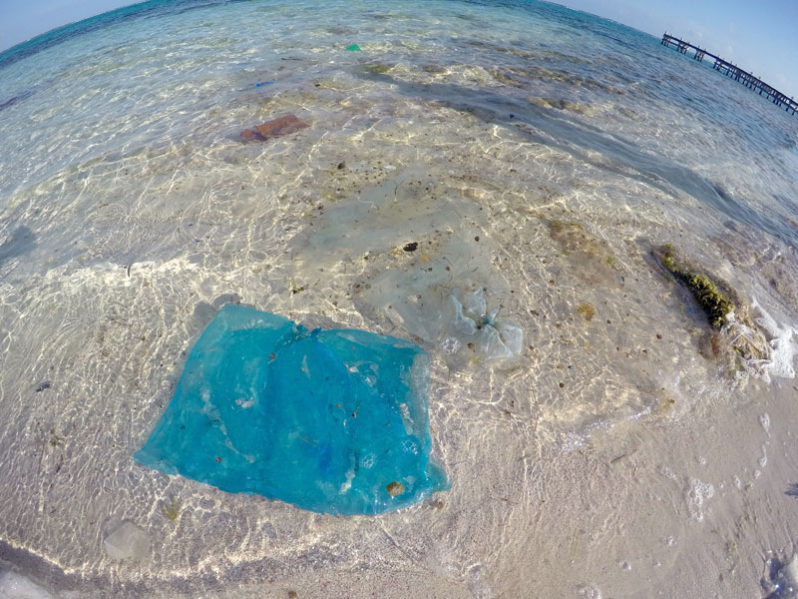
The amount of micro plastic pollution in waters around the Maldives, a global tourist destination known for its beautiful coastline, is amongst the highest in the world and has the potential to severely impact marine life in shallow reefs and threaten the livelihoods of island communities.
Researchers make major, concerning microplastics discovery
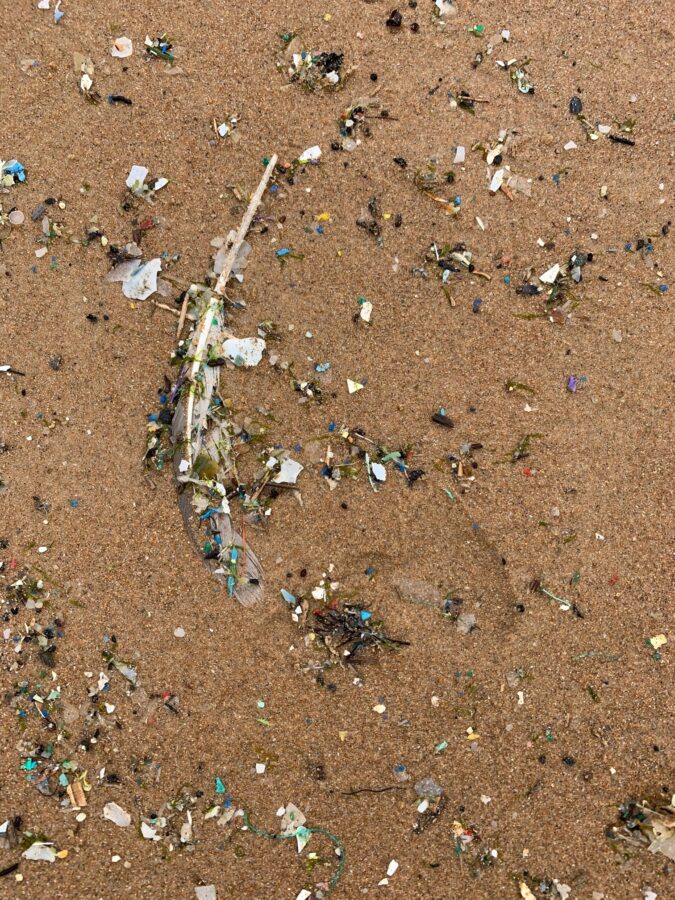
Researchers discovered that microplastics in our freshwaters are being broken down into even smaller nanoplastics. Their findings have significant consequences for the understanding of microplastics in our environment and could have implications for the food chain.
Coastal cities leave up to 75% of seafloor exposed to harmful light pollution

The global expansion of coastal cities could leave more than three quarters of their neighbouring seafloor exposed to potentially harmful levels of light pollution.
Plastic trash flowing into the seas will nearly triple by 2040 without drastic action
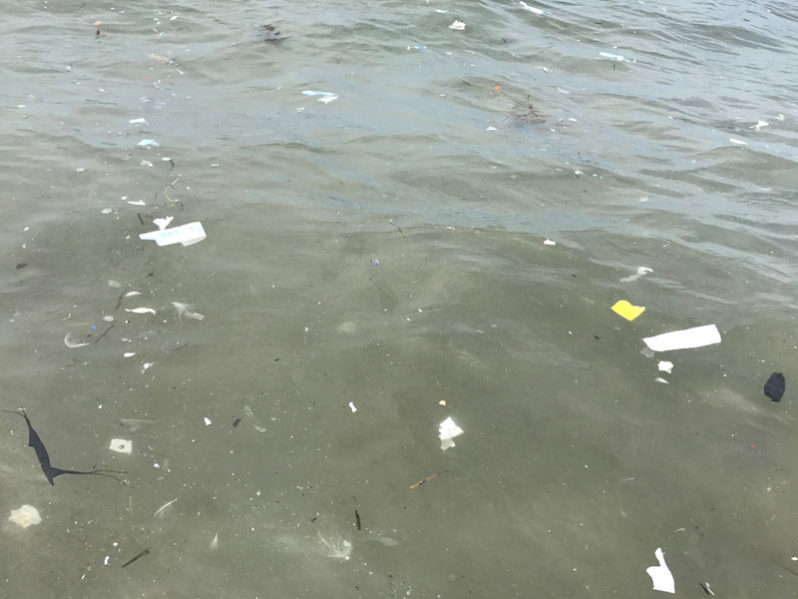
The amount of plastic trash that flows into the oceans every year is expected to nearly triple by 2040 to 29 million metric tons.
